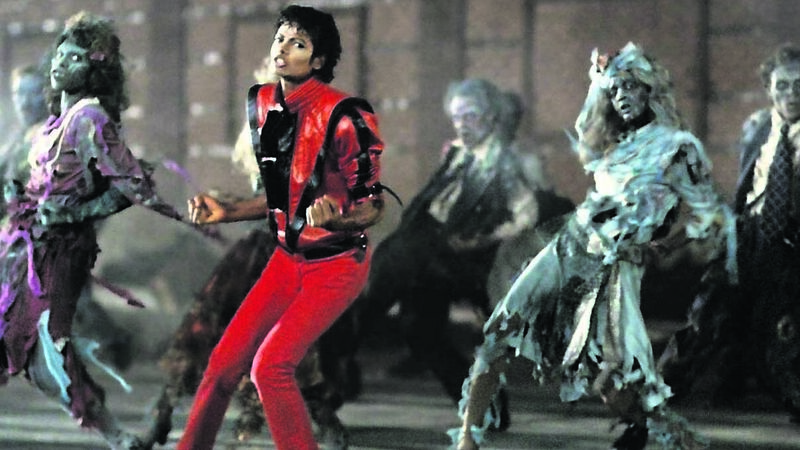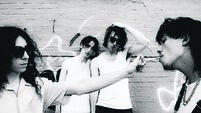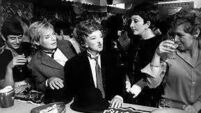Music TV began with MTV

The 1980s are the decade we really associate with music and MTV provided many of the most enduring memories of a time when Michael Jackson, Prince, and Madonna reigned.
Ironically, MTV were originally reluctant to play black artists, but Jackson will forever be associated with MTV and a decade when big-budget videos brought pop music to a new level.
In Ireland, we had a more streamlined MTV, the Vincent Hanley-presented show MT-USA broadcasting for a few hours every Sunday afternoon. The channel choice in Ireland was limited in the mid-1980s and, as a teen, I used to find a lot of my music on BBC2 or Channel 4. MT-USA made a huge mainstream impact on a country that has always lagged behind for music choice via the media.
RTÉ Radio 2 or 2FM only came on board in the late 1970s and as youngsters in the 1980s and 1990s my generation had to turn to pirate radio to hear anything different.
In mainstream pop, the 1990s were more ambitious and by the end of that decade music videos had huge budgets. As the worldwide economy improved, so these budgets got really bloated. Hip-hop now became a huge commercial force and it’s hard to imagine the likes of Eminem and Missy Elliot becoming such big pop stars without the influence of TV.
The 2000s had now come and while video directors such as Hype Williams continued to be hugely influential, there were changes on the horizon as the internet era began. MTV changed to reality TV and is hardly known for music anymore. Music videos remain important 20 years on, but are simply one big arm of content creation these days, and the consumption of television has changed greatly, too.
Our own national broadcaster, RTÉ, has had big problems in the last few years, but television music programming has never really been their priority.
There were valiant attempts, such as NO Disco in the 90s, but RTÉ has rarely invested much time and money in music on TV, and now that things are getting tighter, I’d imagine music will be even less of a priority. Glastonbury was covered extensively on BBC over the weekend, and many people here watched it, so there were again calls on RTÉ to do something similar with a festival like the Electric Picnic. They’ve tried it before. Frankly, it’s not gonna happen, and with EP moving into mid-August, it probably wouldn’t make much sense anyway these days.
Our friends over in the UK certainly do a good job on Glastonbury, even though I can never totally get in to watching gigs on TV. The BBC have a great tradition in capturing music events though, and their coverage is as good as you can expect. They have good organisation, big budgets, tradition and expertise, and they have the viewing figures to match.
A lot of the stages looked like they had sound problems and the vibe of live music rarely transforms into the living room anyway, but TV still has a role in the amplification of music in 2024 and we live in a very visual era.
Music artists of all levels are aware of this visual side and even those without a budget are trying to post clips of their own music and work process on social media. One of the best things about social media is that the DIY approach means there is an opportunity for unknown artists to break through without a record company, but the music industry remains tough to crack and survival is everything for artists.
The days when a whole country of young people sat down and simultaneously watched Top of the Pops are well gone, but music and TV will continue to have a relationship. These days it’s more likely to be on Tiktok or Youtube than RTÉ or BBC, but it’s still there!







